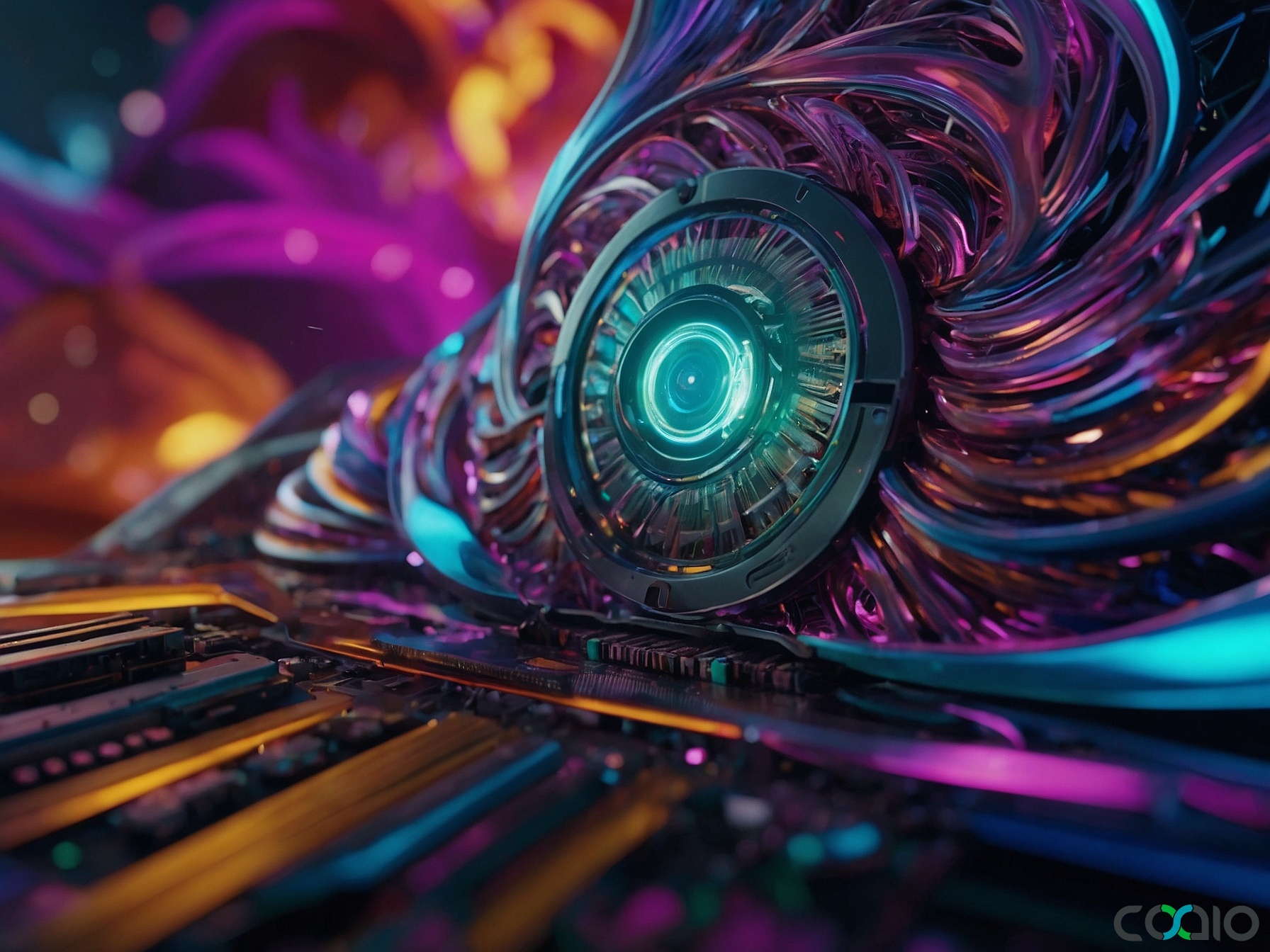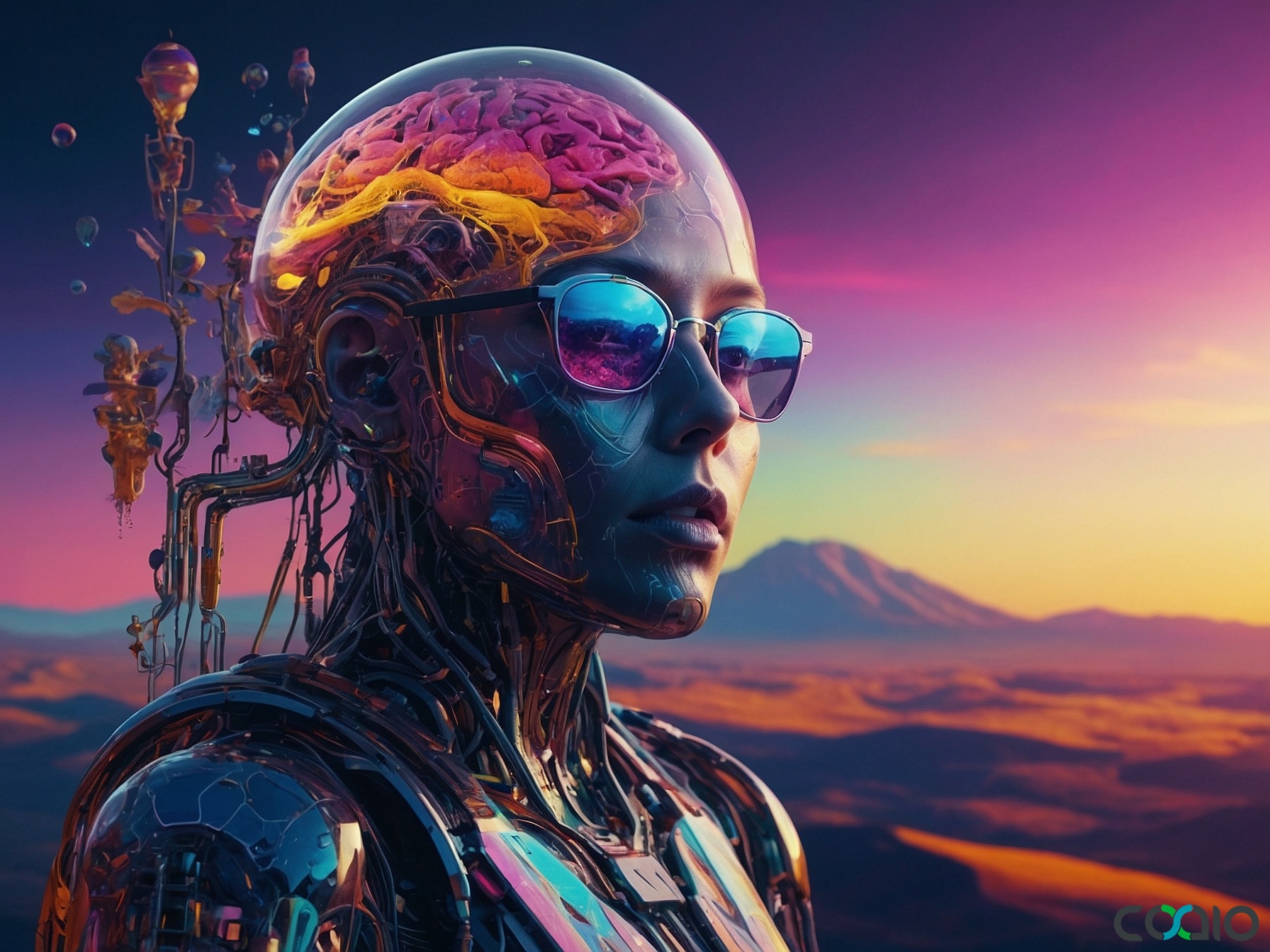
Navigating the Evolving Landscape of Software Development in 2025: AI, Security, and Modernization Challenges
As of August 4, 2025, the software development industry is undergoing rapid transformations driven by advancements in AI, persistent security concerns, and the ongoing need for code modernization. This article dives into the latest headlines, exploring how these trends are reshaping the way developers and enterprises approach building and maintaining software. From legacy systems to AI-driven innovations, the field is at a crossroads where efficiency, security, and innovation must coexist.
The Challenges of Code Modernization in Large Enterprises
In the fast-paced world of software development, legacy code remains a double-edged sword. Enterprises often grapple with systems built decades ago that still power critical operations. A recent article from SD Times highlights the “code modernization conundrum,” where companies must balance the reliability of existing infrastructure with the risks of updates Read more. For instance, platforms handling over 3 million concurrent users and hundreds of micro code deployments weekly face immense pressure. Any alteration could lead to widespread disruptions, akin to pulling a thread in a tightly woven fabric.
This issue is particularly relevant for growth-stage firms looking to scale without overhauling their entire tech stack. Modernization efforts involve migrating from outdated SQL procedures and business logic to more agile architectures, such as microservices or cloud-native solutions. However, the process demands meticulous planning to avoid downtime and ensure seamless integration. Experts emphasize the need for thorough risk assessment and competitor analysis before embarking on such projects, as even minor changes can cascade into major issues.
The broader implications extend to cost management and resource allocation. In 2025, with economic pressures mounting, businesses are seeking ways to optimize their development processes. This is where strategic outsourcing can play a pivotal role, helping teams navigate these complexities by leveraging specialized expertise to deliver high-quality updates efficiently.
Security Risks in AI-Generated Code
AI’s integration into software development has been a game-changer, but it’s not without its pitfalls. Veracode’s latest research, as reported by SD Times, reveals that nearly half of all development tasks involving AI-generated code pose significant security risks Read more. Attackers are exploiting vulnerabilities in AI-produced code more rapidly than ever, empowering even novice hackers to launch sophisticated attacks.
The study points out that while AI tools excel at generating functional code quickly, they often overlook critical security best practices. For example, common issues include unhandled exceptions, insecure data handling, and exposed APIs that could be weaponized. This escalation in threats is accelerating the need for robust security protocols in the development lifecycle. Developers must now incorporate automated vulnerability scanning and ethical AI practices to mitigate these risks.
In the context of global software teams, this underscores the importance of building secure foundations from the ground up. Enterprises, especially those in the US and Hong Kong markets, are advised to prioritize security in their outsourcing strategies to ensure that AI-enhanced development doesn’t compromise their digital assets.
The Overlooked Crisis of Data Quality in AI Adoption
As AI continues to permeate software development, one critical factor has emerged as a hidden crisis: data quality. SD Times recently explored how companies rushed into AI implementation without adequate data preparation, leading to unreliable outcomes Read more. Poor-quality data can render even the most advanced algorithms ineffective, resulting in flawed decision-making and suboptimal software performance.
The article details how businesses are now facing the repercussions of this oversight. For instance, AI models trained on incomplete or biased datasets can produce inaccurate predictions, affecting everything from user recommendations to automated code generation. This strategic misstep has broader consequences, including financial losses and eroded trust in AI-driven solutions. To address this, developers are turning to enhanced data governance frameworks that emphasize cleaning, validation, and ethical sourcing.
In 2025, as AI tools like Google’s Opal enable no-code app creation, the demand for high-quality data has never been greater Read more. Opal, for example, allows users to build mini AI apps using prompts alone, but without solid data underpinnings, these apps risk failure. This trend highlights the need for comprehensive business analysis and risk identification early in the development process to ensure AI initiatives deliver on their promises.
Exciting AI Updates and Innovations from July 2025
The past month has been buzzing with AI advancements that are poised to revolutionize software development. SD Times compiled a roundup of key updates, including Google’s launch of the Opal tool, which democratizes app development by eliminating the need for traditional coding Read more. Users can now chain AI prompts and models to create functional applications swiftly, opening doors for non-technical founders and small teams.
Additionally, rumors from TechCrunch suggest that Apple is developing its own AI “answer engine,” potentially rivaling tools like ChatGPT Read more. This lightweight competitor could integrate seamlessly with Apple’s ecosystem, offering enhanced query responses and personalized experiences. These developments signal a shift toward more accessible AI, where even startups can leverage powerful tools without extensive in-house expertise.
July’s updates also included improvements in AI ethics and transparency, with new guidelines from major tech firms aimed at reducing biases and improving reliability. As software development becomes more AI-centric, these innovations are accelerating innovation cycles, but they also amplify the need for careful project management and user-friendly designs to ensure widespread adoption.
Wrapping Up: A Vision for Future-Proof Software Development
In reflecting on these trends, it’s clear that software development in 2025 is a blend of opportunity and caution. From modernizing legacy systems to safeguarding AI-generated code and prioritizing data quality, the industry is evolving to meet new demands. These challenges, while daunting, pave the way for creative solutions that empower innovators.
Imagine a world where your bold ideas drive success, not the hurdles of technical complexities. That’s the essence of forward-thinking partnerships that streamline development, much like navigating a river with expert guides—ensuring smooth progress while avoiding hidden rapids. This vision echoes a commitment to making software creation accessible, where founders can focus on their core ideas, backed by efficient, risk-minimized processes.
About Coaio: Coaio Limited is a Hong Kong-based tech firm that specializes in outsourcing software development and building dedicated teams in Vietnam. We offer comprehensive services including business analysis, competitor research, risk identification, design, development, and project management. Our goal is to deliver cost-effective, high-quality software solutions with user-friendly designs, tailored for startups and growth-stage companies, particularly those in the US and Hong Kong markets. By partnering with us, you can streamline your development process, reduce risks, and focus on your vision without the inefficiencies of in-house building.
About Coaio
Coaio Limited is a Hong Kong-based tech firm that specializes in outsourcing software development and building dedicated teams in Vietnam. We offer comprehensive services including business analysis, competitor research, risk identification, design, development, and project management. Our goal is to deliver cost-effective, high-quality software solutions with user-friendly designs, tailored for startups and growth-stage companies, particularly those in the US and Hong Kong markets. By partnering with us, you can streamline your development process, reduce risks, and focus on your vision without the inefficiencies of in-house building.
Topics: Code Modernization, AI Security Risks, Data Quality in AI, AI Tool Innovations, Software Development Trends
 English
English
 Français
Français
 Español
Español
 廣東話
廣東話
 中文
中文
 日本語
日本語
 한국어
한국어
 العربية
العربية
 Deutsch
Deutsch

